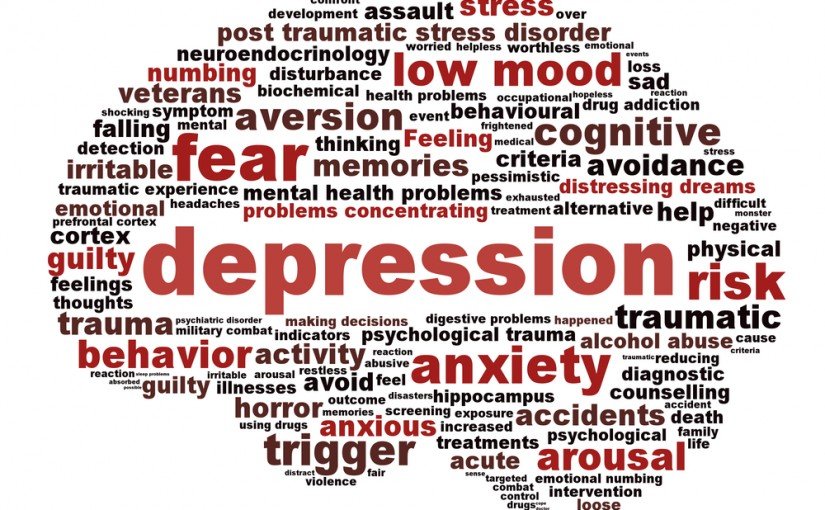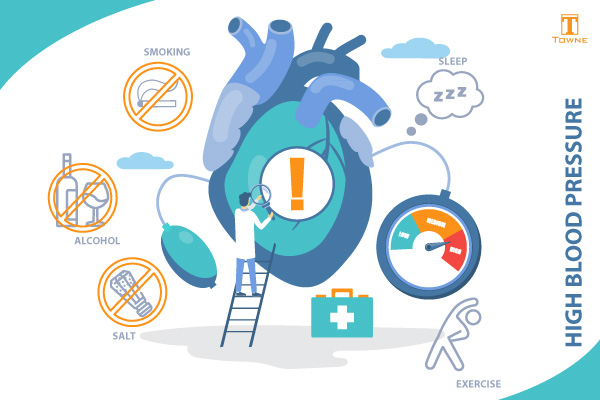One of the challenges of elder care is that patients are often resistant to treatment. Although there are a number of reasons why a senior citizen might be resisting medical treatment, one common reason is depression. As a nurse or nurse’s aide, you are in a prime position to spot depression and report it to the patient’s doctor.
What are the symptoms of depression?
- Lack of interest in activities that he or she previously enjoyed
- Irritability and agitation
- Sleep problems and fatigue
- Unexplained chest pains
- Digestive issues such as nausea, indigestion, diarrhea, or constipation
- Dramatic changes in appetite or weight
- Restlessness
If you think your patient is suffering from depression, the first step is to inform the medical professionals responsible for his care. You can also help by encouraging your patient to talk about his feelings. Don’t be dismissive of his emotions. Instead, listen sympathetically and let him know you understand how difficult his condition is.
Routines that promote healthy amounts of sleep, exercise and nutrition are helpful as well. A depressed patient may resist following a routine but should be encouraged to keep to a schedule. Try to interest him in an activity you know he enjoys. It may take a while for him to cooperate, so don’t give up too quickly.
Even the simplest tasks can seem insurmountable to a depressed person. Positive feedback for small accomplishments can go a long way. Compliment your patient for each goal accomplished even it’s as simple as getting out of bed in the morning.
An excellent way to find out more about helping patients with depression is to read books by experts and personal accounts of depression. Health.com has compiled a list of 13 recommended books on the topics. Choose one or two and read up on the topic. You’ll be quicker to discover depression and learn skills for helping a patient work through it.







